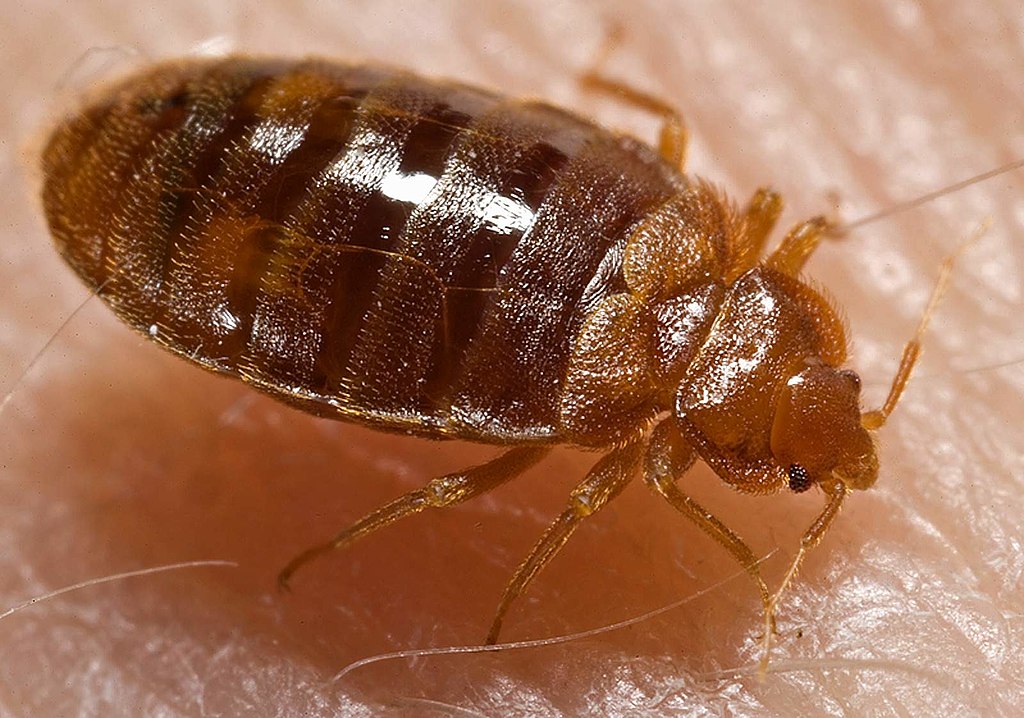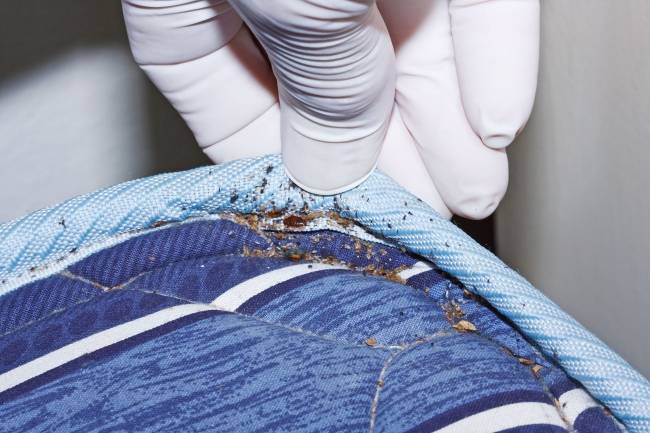Bed bugs are vile and annoying pests. This is why many homeowners act quickly when they have bed bug infestations. Unfortunately, many homeowners still have bed bugs after having the treatment. Why is that, and is there anything they can do about it?
Why you still see bed bugs after treatment
You don’t necessarily have to worry if you still have bed bugs after treatment. In fact, it’s perfectly normal to see bed bugs after a treatment session. And this is because of how the chemicals disturb their habitat. But still having bed bugs after treatment can also be bad news. You may not have followed instructions properly or you may have brought a new batch of bed bugs with you from somewhere else.
- The bed bug treatment is not yet complete. Complete bed bug treatments involve multiple treatment sessions across multiple weeks. Typically, they will take two to four treatment sessions scattered across three to six weeks. But these numbers are not final. The duration of the treatment will depend on many factors. The biggest factors include the severity of the infestation, the effectiveness of the chemicals, and the resistance of the bed bugs to the chemicals. If you still see bed bugs, it’s likely that the treatment is not yet fully completed.
- You did not prepare properly for the treatment. Pest control professionals do the bulk of the work in bed bug treatments. But this doesn’t mean that homeowners don’t play a part. In fact, the cooperation of homeowners is crucial to the success of the treatment. There are some things you can do to prepare for bed bug treatment. You can vacuum all surfaces and wash all fabrics to help kill hitchhiking bed bugs. You can inspect items whether they have bed bugs or not, so you know which ones to wrap and which ones to leave for the chemicals. And most of all, you can communicate with your pest control professionals in advance to know how to prepare your home better for the upcoming treatment.
- You have a new batch of bed bugs at home. But what if you still have bed bugs even after the treatment has been completed? The likely issue is that you have a new batch of bed bugs at home. The ones causing the infestation before are gone. And the ones you now see are new ones you have brought from a bed bug-infested area. There are so many areas where you can get bed bugs, such as college dorms, hotels, offices, and secondhand furniture shops.

Be proactive
You should be proactive if you still have bed bugs after treatment. Inform your pest control professionals. And make their jobs a little easier as well by getting rid of some bed bugs yourself.
- Coordinate with your pest control professionals. Communication is key in getting rid of bed bugs successfully. Pest control professionals will not just help you in preparing your home for the upcoming treatment. They can also guide you on what to do after the treatment. Do you know that you should be out of your home during the treatment and that you shouldn’t go back immediately? And do you know that the chemicals pest control professionals use can contaminate food? These are just some of the many things they can tell you if you coordinate with them properly.
- Clean your home. Cleaning your home won’t completely get rid of your bed bug problem. But it can help in reducing their populations and the number of possible nests they can hide in. For example, bed bugs can hide in carpets and curtains too. So, if you clean your carpets and curtains, you are not just killing bed bugs. You are also making your carpets and curtains clear of these pests. When cleaning, make sure to dispose of all materials to a garbage can outside your home to prevent reinfestation.
- Inspect common bed bug hiding spots. There are many bed bug treatment methods out there, like the use of chemicals or heat. But many times, they can be ineffective because of how great bed bugs are at hiding. They may be in spots that chemicals and heat find hard to reach. Look for common bed bug hiding spots, such as mattresses, piles of undisturbed clothes, and the cracks and crevices of furniture.

How to get rid of bed bugs for good
Bed bug infestations are a headache. But they don’t have to be. Get rid of bed bugs effectively and safely with these simple tips.
- Let pest control professionals handle them. Bed bugs are complicated pests. They are hard to kill. They hide in the most inaccessible parts of your home. And they may also be resistant to many kinds of treatments. This is why you should let pest control professionals deal with bed bug infestations. Sure, you may read DIY bed bug treatments on the internet. But their effectiveness will always be inferior. Pest control professionals don’t just have the knowledge. They also have the proper certifications and licenses to access ingredients that amateurs don’t.
- Cooperate diligently with pest control professionals. For the most effective treatment possible, communicate properly with your pest control professionals. They will guide you on what to do before, during, and after the bed bug treatment. Actually, this will ensure not just the effectiveness of the treatment, but also its safety.
- Be careful of places where you can get bed bugs. Even if you follow instructions diligently and get rid of bed bugs effectively and safely, your home is still not completely safe. You can get bed bugs in so many places that you frequent, like college dorms, hotels, and offices. Make sure to inspect them thoroughly before settling in.
Bed bugs are complicated pests
Bed bugs are resilient pests. They are hard to kill and great at hiding. This is why only pest control professionals should get rid of them. If you still have bed bugs after treatment, it may mean the treatment is not yet fully completed, you have not prepared properly for the treatment to be successful, or you have brought a new batch of bed bugs from somewhere else.
Please communicate consistently and coordinate diligently with your pest control professionals to prevent such things from happening.


I have seen the bed bugs after the second treatment about ten or more I have done everything I was suppose to do. Should I be worried?
I have seen the bed bugs after the second treatment about ten or more I have done everything I was suppose to do. Should I be worried? thanks a lot.